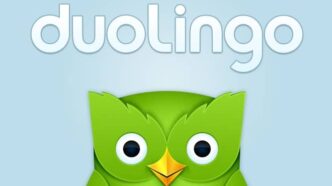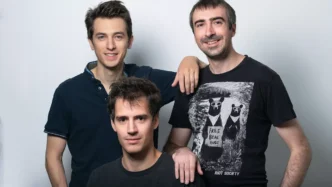Is Duolingo becoming the poster child for the AI jobs crisis? With its recent decision to replace human contractors with artificial intelligence, the language-learning giant is sending a loud signal. The future of work is shifting—fast—and for many creatives, that future doesn’t include them.
Duolingo recently confirmed it’s going “AI-first,” a strategy that’s already led to job cuts across writing and translation teams. Journalist Brian Merchant revealed this isn’t even new. The company trimmed about 10% of its contractor workforce back in late 2023. Another quiet round of layoffs followed in October 2024. In both cases, AI tools stepped in where people once worked.
A Quiet Crisis in Plain Sight
This trend might not look like a dramatic AI takeover. There are no robots marching through offices. But it’s no less serious. What’s happening is a slow and steady shift in corporate priorities. Companies like Duolingo are automating creative tasks not because the tech is perfect—but because it’s cheaper.
According to Merchant, this isn’t just about innovation. It’s about control. When companies choose automation over people, they reduce costs and gain tighter control over content pipelines. And the impact isn’t abstract. It shows up in very real ways—like fewer freelance gigs, shrinking entry-level opportunities, and stalled career paths for young graduates.
That last point is critical. Reporting from The Atlantic shows recent grads are facing higher unemployment than usual. Why? Entry-level jobs in writing, editing, translation, and design are quietly disappearing. The money once used to hire junior employees is now being funneled into AI development and deployment.
The Creative Workforce Is Feeling It First
Writers, illustrators, designers, and editors—people in roles that once felt uniquely human—are now competing with fast, low-cost AI models. And while those tools can generate text and visuals at scale, they lack depth, tone, and originality. Still, many companies are willing to sacrifice quality for speed and savings.
Duolingo’s shift is just one example. But it’s a clear one. When a major edtech platform embraces AI over humans, it sets a precedent. It encourages others to do the same—especially startups under pressure to cut costs and scale fast.
Merchant summed it up well. The AI jobs crisis isn’t science fiction. It’s not some robot invasion. It’s a series of real decisions, made by real people, in real boardrooms. And it’s reshaping the job market now—not tomorrow.













